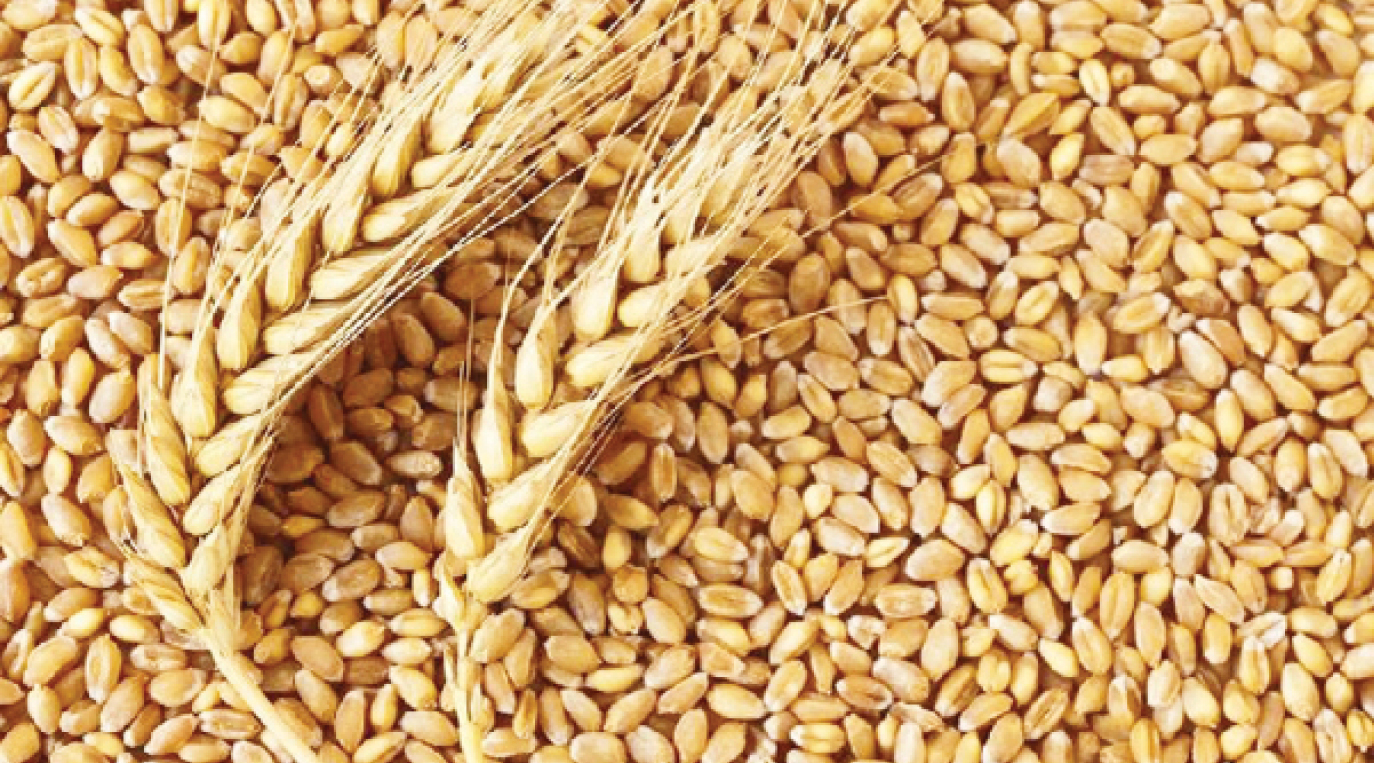How we intend to upscale wheat varieties from Mexico, Sudan – Institute
…to release 3 durum wheat varieties in December Over time, wheat production has faced many threats due to lack of regular seed development and improvement, access to mechanisation and marketing, which force farmers to abandon the crop for other grains, like rice. Cultivation of wheat is 98 per cent irrigation-dominated in Nigeria, although it can […]

-
…to release 3 durum wheat varieties in December
Over time, wheat production has faced many threats due to lack of regular seed development and improvement, access to mechanisation and marketing, which force farmers to abandon the crop for other grains, like rice.
Cultivation of wheat is 98 per cent irrigation-dominated in Nigeria, although it can be produced rain-fed in three states.
Under the irrigation system, farmers take advantage of the window of the harmattan between November 15 and March 15 due to the fact that wheat is a temperate crop, so it needs an environment of cold weather.
Within this window, if a farmer doesn’t grow wheat, he or she is out for the season. Thirteen northern states are very conducive for wheat production under irrigation during this period.
Under the rain-fed, three environments: Obudu in Cross River State can grow wheat, but Obudu has a limited landmass for production. Gembu in Taraba State and the northern Plateau State also have a massive landmass, but all these cannot equate the irrigated cultivation landmass.
Asked to explain the journey so far and what lies ahead in wheat research, the director of research and head of the Cereal Department of the Lake Chad Research Institute, Maiduguri, Dr Zakari Turaki said, “The journey has been successful. The problem has been in the aspect of the seed system. When you research and get out a variety for farmers to use, the seed sector development is also very important, and it is a realisation that the institute embarked on massive production of seeds for companies. Then the companies provide seeds for farmers.
“Now we have reached more than 4,000 hectares of seed production. The ministry aggregated it and took it to Jos, but unfortunately, the ENDSARS protest came and carried everything. So, how do we solve that problem?
“The Central Bank of Nigeria (CBN) has been intervening in a gigantic manner. We are not talking 4,000 or 10,000 hectares any more. They have brought in the seed material we released in the country from Mexico, some from Sudan. The CBN imported 130,000 bags of wheat. If we put it under production, we will have 130,000 hectares; and you know, our local production hardly surpasses 100,000 hectares.
“Flour mills intend to go on 1,000 hectares themselves. So, out of this 130,000 they imported, the institute is going to shoulder some production to sustain the quality of the seed.”
He also said the institute would work with the CBN to sustain the viability and genetic of the seeds received in order to improve and sustain its qualities.
“The institute is going to embark on production of seed on 5,000 hectares of land if the agreement works out with the CBN,” he said, adding that it was necessary for Nigeria to make the seed production system robust.
Over the years, the country has been largely cultivating bread wheat, in which the institute has so far released varieties. But the institute said it was making progress on the second varieties – durum.
Turaki said, “We have another category of wheat called durum. And the institute has reached an advanced stage in that research. We intend, by December, God’s willing, to release three new varieties of durum wheat. Durum wheat is necessary because it is the best for semolina, spaghetti and macaroni because it is hard.”
Speaking on the previous insinuations about the quality of wheat produce in the country, the researcher dismissed those claims as lacking evidence.
“Now, they have completely abandoned that argument because we worked hand-in-hand with quality insurance institutions. We found out that they confirmed the quality of our wheat when they took it outside. Our wheat has higher proteins than that of other countries.
“Another issue is the yield, whether we are getting lower yield. Let me say that the Lake Chad Research Institute has stepped up the production of wheat from less than one ton to up to seven tons per hectare. Last year, we rewarded some farmers that got up to 5.2 tons per hectare. So we have wheat that has the potential to give seven tons per hectare,” he explained.
Dr Turaki said the institute was intensifying its outreach programme for production under irrigation conditions this season, noting that if the farmers produce under the irrigated conditions, they will have another window again to produce. He hopes the farmers would avail themselves of improve seeds.
With these initiatives, he said, “We are also trying our best to see that we close the gap between importation and production; and currently, we are at the maximum three per cent self-sufficient. We will reach our goal of over 20 per cent, by God’s grace.”
